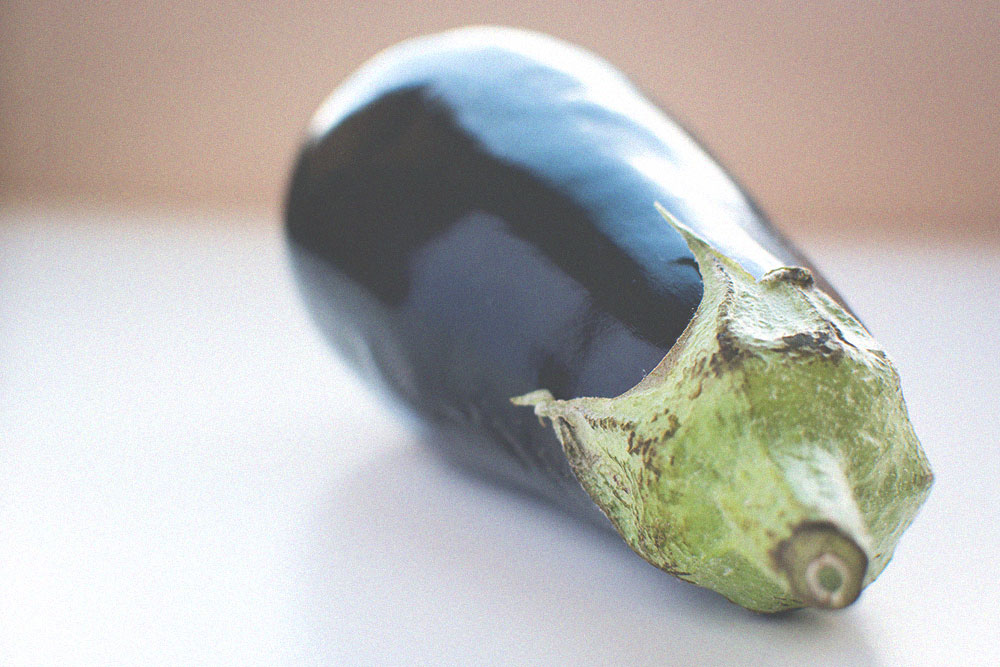Every month, a new dietary bane appears in the media and is cast as the latest nutrition villain. Let’s learn about a recent trend that is telling consumers to avoid a compound found across many fruits, vegetables, and other plant-based foods.
BY: MASCHA DAVIS, MPH, RDN
In our current food culture of fear-mongering and extremes, it’s only a matter of time before the next food fad grabs our collective attention.
Gluten is evil! Dairy is worse! Avoid soy at all costs!
With our constant connection to social media, it’s easy to get swept up in food hysteria, especially when it’s difficult to know if the person sharing health information has legitimate credentials to decipher fads from facts.
The latest trend that is grabbing our attention is what many are calling the ‘new gluten’: lectins.
Lectins are protein compounds found in grains, beans and legumes, nuts, dairy, eggs, fruits and vegetables — in particular ‘nightshades’ like tomatoes and eggplant.
You may be thinking, “Wait a minute, I thought that some of these are the super healthy foods I’ve always been told to eat!”. Yes, they are. And yes, they contain compounds called lectins that, in some cases, in isolation and high concentrations, may be toxic. But does this mean you should avoid all of these foods?
First, let’s talk about what lectins are.
Known as an ‘antinutrient’ that may interfere with nutrient absorption, lectins are a group of proteins that bind to the sugar molecules attached to our cell membranes. Although their role in our health is still unclear, researchers believe lectins may have evolved in plants to ward off predators. They have also been studied for their role in mediating hormonal and immune system functions, and have been drawing attention for their potential anti-cancer properties.
However, repeated exposure to high levels of lectin has been shown to eventually damage the gut intestinal wall. When eaten, lectins bind to carbohydrates and pass through the human digestive tract. If the starches are not hydrolyzed through cooking or sprouting, unbound lectins are freed and interact with cells in our intestines that can potentially cause symptoms of food poisoning. However, it should be noted that this is actually very rare, and only isolated cases have been documented.
While it’s noted that dietary lectins can be toxic in large doses, humans simply don’t eat large amounts of them. Lectin-rich foods that are typically consumed, like grains and legumes, are almost always cooked or prepared in a way that deactivates lectin, making these foods safe to eat for the majority of people (and why you should not eat raw legumes).
So where does this newfound lectin fear coming from?
A recently-published book that’s heavily promoting lectin-phobia is The Plant Paradox, which argues that the binding of lectins from plant foods to our cells is a major cause of ill health, and that we must all fear and avoid lectins and the foods that contain them.
The truth is, only a relatively small amount of research exists on the effect of lectins on the body, and none draws strong conclusions about their impact on human health. It’s especially important to consider that what happens in a laboratory – when lectins are isolated and used in high concentrations – is quite different from what happens in the real world. Much of the potential harmful actions of lectins are neutralized during the cooking process, as well as when they are consumed with other food sources.
For example, lectin in kidney beans is measured in toxin units called hemagglutinating units, or hau for short. Uncooked kidney beans contain 20,000 to 70,000 hau; cooking the beans drastically reduces the toxin level to 200 to 400 hau.
While it’s easy to cherry pick certain studies to support extreme claims to avoid all lectins, it’s critical to look at both sides of the equation. There are numerous studies pointing to beneficial effects of both lectins and plant-based diets. Let’s also not forget that there are far too many studies to list here that unequivocally show the massive benefits of eating a high plant-based diet for both your health and the planet’s.
In fact, avoiding lectins is more difficult than you think, especially if you are trying to maintain a balanced diet.
Lectins are found in many foods that we tend to think of as healthy – such as whole grains, beans, lentils, eggs, milk, and many types of vegetables. They are especially high in legumes (kidney beans, lentils, soybeans, chickpeas). Because lectins are ubiquitous, avoiding them means avoiding many nutrient-dense food sources that are high in protein, antioxidants, and many vitamins and minerals.
Proponents of some lectin-restrictive diets, such as the Autoimmune Protocol Diet, tout positive results and symptom relief for those with autoimmune or digestive conditions. While some people with these disorders appear to also respond well to gluten-free, dairy-free. and nightshade-free diets, it’s unclear exactly why and is still an area of ongoing research. If this is a diet you are interested in, consult with a dietitian or nutrition professional to help you implement it properly to ensure the beneficial nutrients excluded are still being incorporated from other sources.
Lastly, it’s important to evolve how we review new information obtained from nutrition studies. It’s critical to weigh the evidence, and not simply look at a few limited studies or one book that makes a polarizing claim.
And based on our current knowledge, there is no clear reason to avoid lectin-containing foods.
HEADER IMAGE: JAKUB KAPUSNAK
Mascha Davis, MPH, RDN is a Los Angeles-based private practice dietitian who shares her love of health and wellness through a unique global perspective. From world-class U.S. medical centers to rural villages in Africa, Mascha has dedicated herself to traveling the world, spreading her love of healthy living through both her humanitarian work and private practice. Learn more about Mascha at Nomadista Nutrition.

